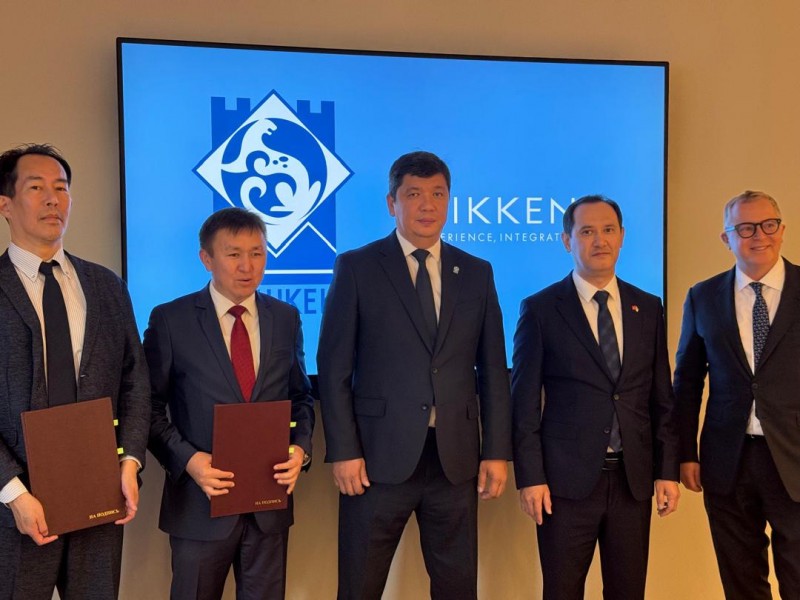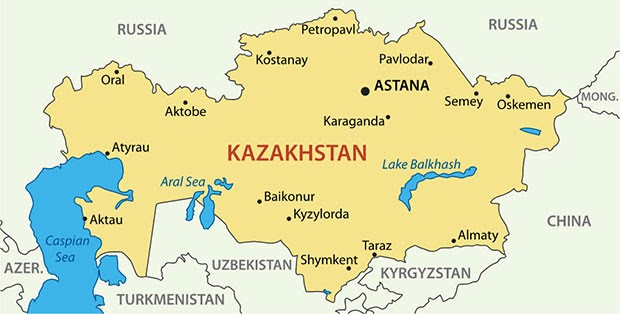TASHKENT (TCA) — Over 240,000 residents in five cities across Uzbekistan are to benefit from improved efficiency and quality of heating and hot water services, thanks to the District Heating Energy Efficiency Project approved on January 25 by the World Bank’s Board of Executive Directors. The Project will be financed by a US$ 140 million credit from the International Development Association.
“The World Bank is pleased to support the modernization of the District Heating system,” said Hideki Mori, World Bank Country Manager for Uzbekistan. “These measures will improve the living conditions of hundreds of thousands of people across Uzbekistan.”
Uzbekistan often experiences cold and harsh winters. A stable heat supply is therefore critical for ensuring the well-being of its citizens and for preventing environmental, safety, and health-related hazards, the World Bank said.
However, the country’s District Heating sector has suffered from years of neglect and its services have declined, if not vanished, in many cities. Consequently, many households resort to inadequate – unhealthy, unreliable, unsafe, or expensive – heating alternatives, such as coal-burning stoves. Numerous kindergartens and schools in certain areas of the country are cold and cannot provide a suitable environment for children.
In addition, District Heating enterprises that were established during the Soviet period are not operationally viable today for several reasons, including heat tariffs that are below cost-recovery levels, low bill collection rates, high network heat and water losses, poor operational management, and under-investments in the rehabilitation of their main assets.
The District Heating Energy Efficiency Project aims to address all of these challenges by introducing, for the first time, a modern District Heating model for Uzbekistan. The Project will specifically benefit residents living in multi-apartment buildings in the cities of Andijan, Bukhara, Chirchik, Samarkand, and Tashkent, and which are connected to or will be connected to the District Heating service.
Users of public and administrative buildings, including kindergartens, schools, hospitals, and municipality offices, will also experience an improvement in the quality of heating services. The Project will also invest in District Heating infrastructure, enhancing their capacity, and improving the regulatory framework to make selected District Heating companies more viable, efficient, and sustainable.
The electricity distribution subsidiaries of Uzbekenergo, a state-owned energy company, will experience a reduced overloading of their power networks and consequently there will be lower technical losses, fewer breakdowns, and less power outages in the five participating cities. The Project is expected to reduce natural gas and electricity consumption, as well as CO2 emissions, in the cities.









